GST Bill: Here’s what MSMEs have to say
Updated: Aug 03, 2016 11:18:43am
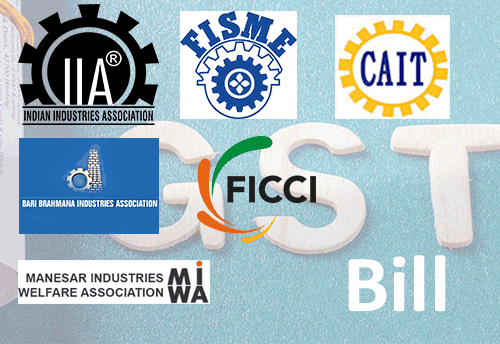
GST Bill: Here’s what MSMEs have to say
New Delhi, Aug 3 (KNN) With the Goods & Services Tax just a step away from becoming a reality, let’s see what the micro, small and medium enterprises (MSMEs) from across the country have to say on this:
V.K. Agarwal, Past President, FISME: More than 2/3rd of the MSME fraternity are quite sceptic of GST., because the thresh hold limit are going to be brought down drastically. So the people are afraid of the GST mainly on compliance reasons. Also quite a few MSMEs feel that they will be adversely impacted financially. Thresh hold limit should left as such, initially, then they can slowly bring it down. It may be possible that a situation comes where people can see the benefit from it. Then they can bring down the thresh hold limit.
Another point is that so many clauses have been added to GST which are very severe and regressive, there are provisions like arrest, huge penalties etc. Also the GST administration can break open office, go for house searching. People are scary of these things.
The government should take the trade associations and business associations into confidence. Repressive provisions should be removed. They should not assume that businessmen are thieves and those who will run the GST are good people.The government should change its mindset.
Debashis Bandhopadhyay, Policy Director, FISME: While the spin – offs from the GST has been well known, there are a couple of pitfalls for MSMEs also. First of all the entire taxation system will on an IT platform and every ‘dealer’ has to have a compatible It system. This may be a tall order for the micro sector, majority of whom will come under the GST with lowering of the exemption limit to 10 lakhs. The existing weak broadband system, particularly in the rural areas, may seriously affect billing etc. of MSMEs.
Secondly to avail the advantage of tax set off, enterprises will have to capture the entire supply chain in the system, which will be difficult even for small and medium enterprises, which get their job work done by smaller enterprises that may not be at all enabled for the required IT infrastructure. So all taxes paid in procurement etc. by the job worker will not be captured and the SME will not be able to claim tax set off.
Another important aspect is valuation of internal services. According to some experts, the value addition, in house will be taxable under GST and enterprises will need to take out the value addition, say, through marketing etc., while transferring a product from one branch to another. There is a big risk of litigation also like the transfer pricing in the present tax regime.
The preparedness of the GST Network, the would be IT backbone of the GST system is also being questioned. The status of commissioning, testing and de- bugging of the one of the world’s largest tax network is being doubted by experts.
Manish Goel, President, Indian Industries Association (IIA), Lucknow: MSME cannot get much benefit from GST because there are many complexities in the bill. Tax legislator like Commercial tax, VAT, Central Excise and service tax has been kept unchanged. One more thing is that all things are online from tax payment to return filing to billing. We don’t have good infrastructure of IT in MSMEs. Even the condition of electricity and net connectivity in rural areas are poor. Infrastructure needs to be improved. They are putting Central GST, State GST and interstate GST equally. Threshold limit is only Rs. 10 Lakh. The excise limit of discount which was Rs. 10 crore will be covered up. They should increase the threshold limit up to Rs. 1.5 crore.
V K Suri, Financial Expert: Direct benefits for the MSME would be with the products. Ease of doing business will improve. Taxation will become unified then overall production will be impacted so that the SMEs will be benefitted. Multiple taxes will be streamlined and one tax regime would prevail. But in the initial stages by going with the experiences of the other countries like Singapore when they implemented the GST, prices increased thereafter, but then settled. Here also, we are expecting that some of the commodities prices will increase and some of the prices may decrease also like refrigerator and TVs. SMEs by-products may be impacted from this.
Manmohan Gaind, Vice President, Manesar Industries Welfare Association (MIWA): It would be a game changer for the MSMEs and the biggest benefit would be ending of multiple taxation system and affording an equal playing field.
Parveen Khandelwal, General Secretary, Confederation of All India Traders (CAIT): The biggest benefit would that one tax regime will come into force. The GST will be implemented on both goods and services. Till date we have not got input credit of services but after the implementation of GST we can get the input of credit of services so that the cost of manufacturing goes down.
Shailesh Aggarwal, President, Bari Brahmana Industries Association (BBIA), Jammu: After passing of the GST, county’s economy will get a big push. Uniform taxation will also benefit the MSMEs as the sector gets the disadvantage in state wise sale, so those problems would end. There would be a level playing field making industries competitive. Single point taxation will come into force for the MSMEs. MSMEs have to keep the record and maintenance of the different taxes.
R S Joshi, Chairman, FINER: It is a win-win situation for everyone - states, centre, consumer, industry and businessmen. Only thing is that GST is not in public domain. If it passes then it is good for everyone and if not then it is going to affect each and every one.
FICCI: The introduction of GST would be a very significant step in the field of indirect tax reforms in India. By amalgamating a large number of Central and State taxes into a single tax, it would mitigate cascading or double taxation in a major way and pave the way for a common national market. From the consumer point of view, the biggest advantage would be in terms of a reduction in the overall tax burden on goods, which is currently estimated at 25%-30%. Introduction of GST would also make Indian products competitive in the domestic and international markets. Studies show that this would instantly spur economic growth.
Anil Reddy Vennam, Sr. President, Federation of Telangana and Andhra Pradesh Chambers of Commerce and Industry (FTAPCCI): For larger MSMEs who are already in the excise net having turnover above Rs 1.5 crore, GST would be a game changer as they are paying both the central excise as well as VAT. So when you add both together the tax paid is double so when GST would be implemented it would be somewhere around 18 to 20 per cent, what the industries have been requesting the government for.
Whatever material the industry is getting from other states has VAT applicable presently. So this gives leverage to MSMEs in each and every state for both - buying product or exporting into other states. So after the GST, this kind of issues will be sorted out and also make the local industries very competitive.
But when it comes to businesses with below Rs. 1.5 crore turnovers, then it is a very problematic issue because not every small entrepreneur has much knowledge about IT. After the GST, everything will be online. So that is one negative area where small people would be facing the problem.

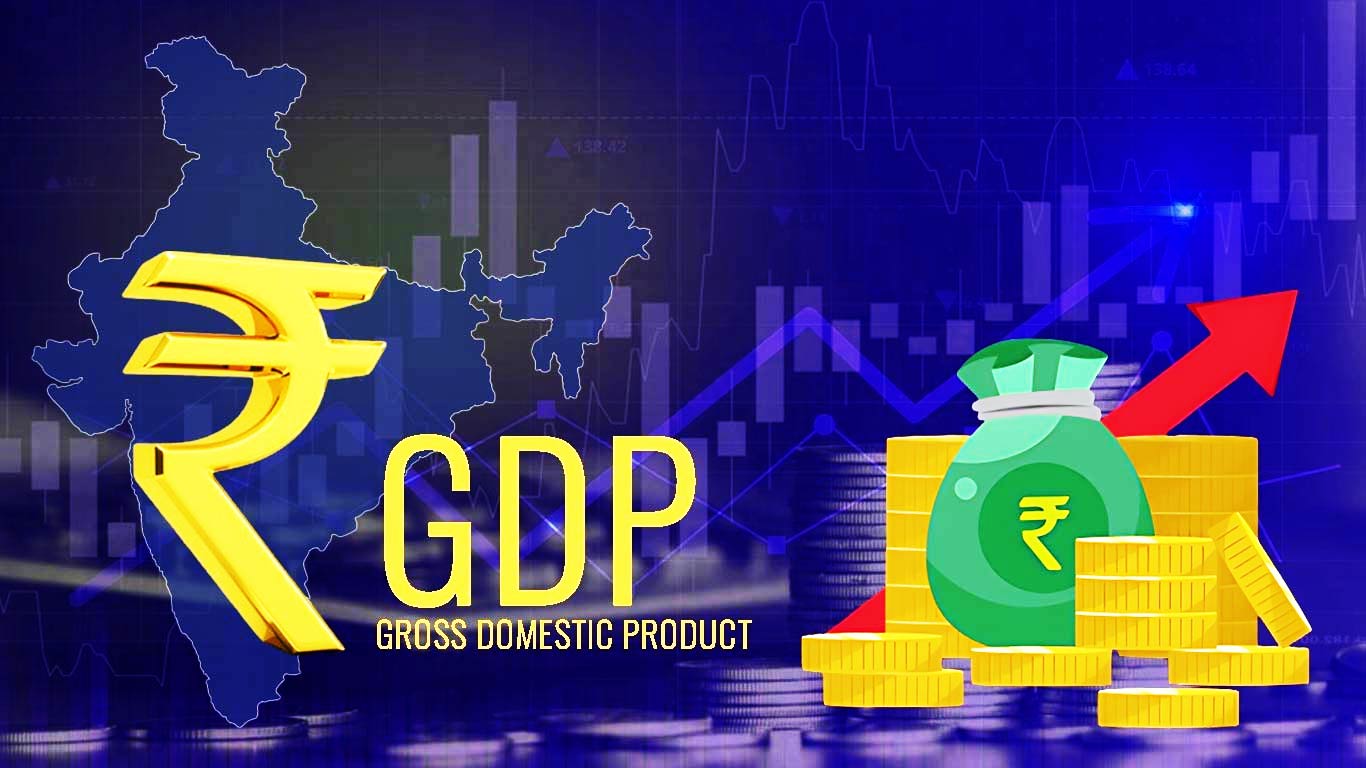
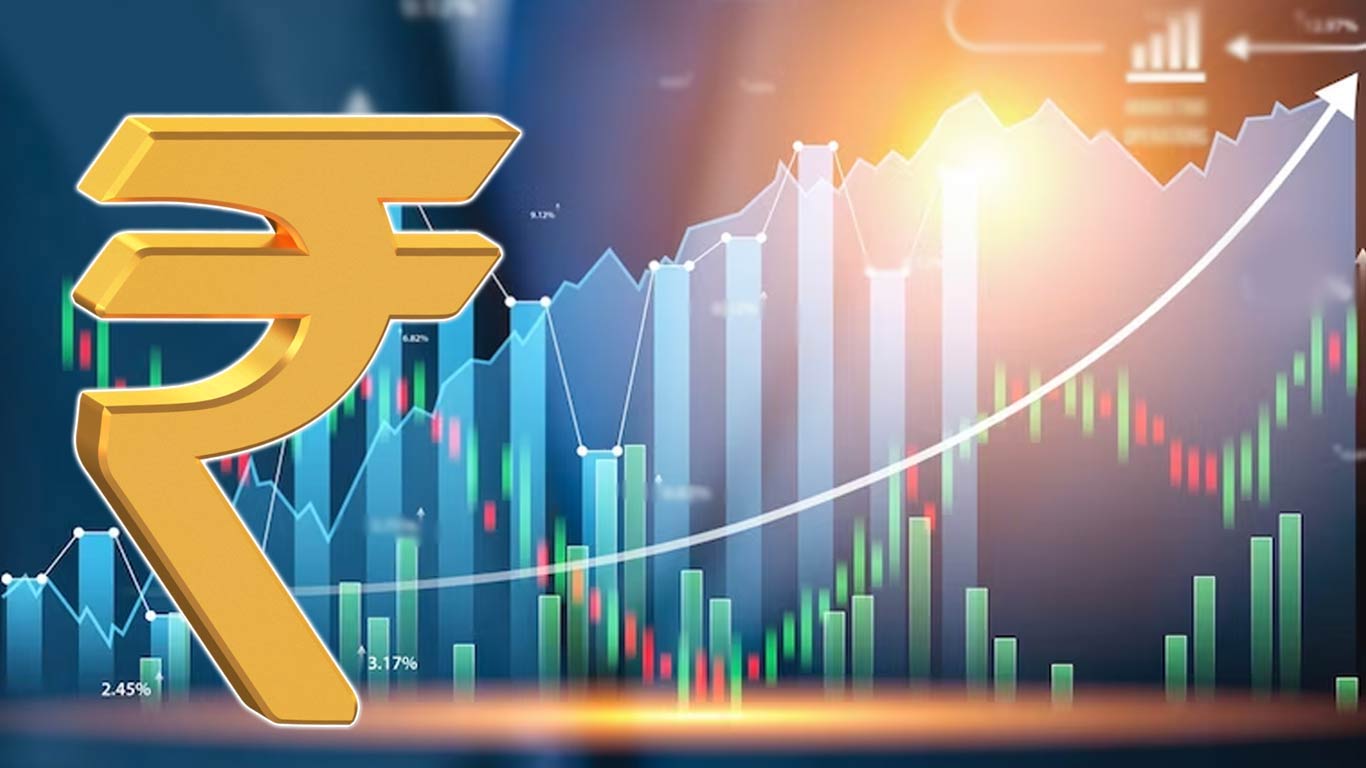
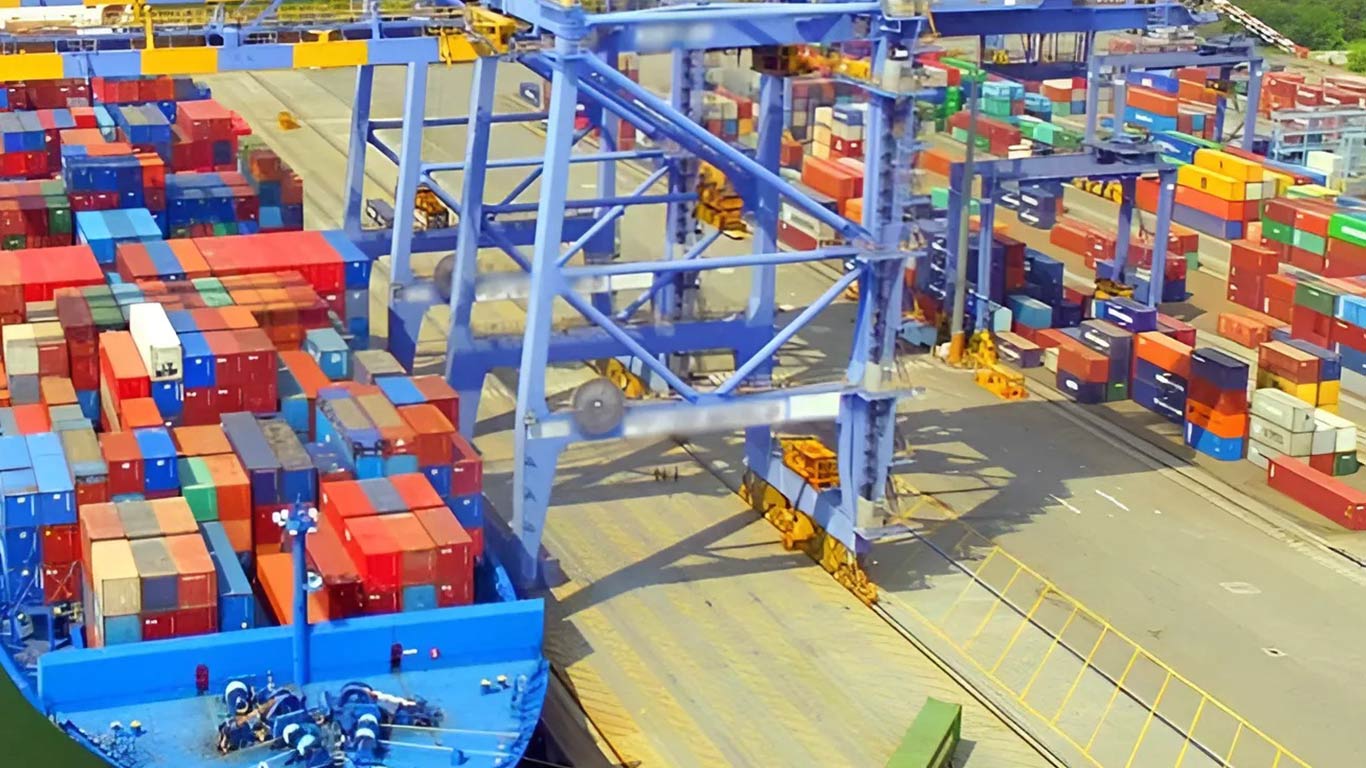

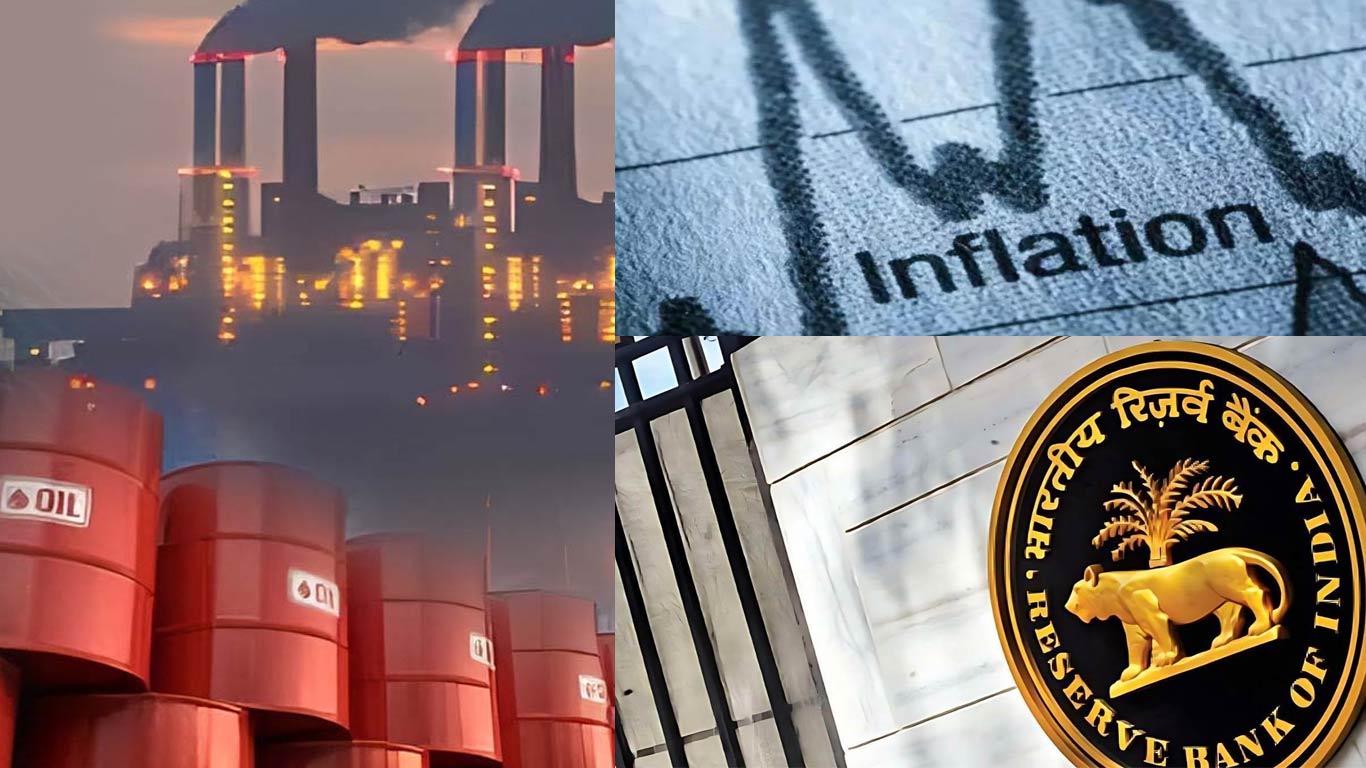





